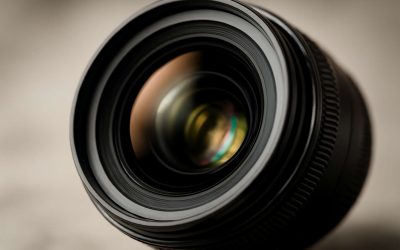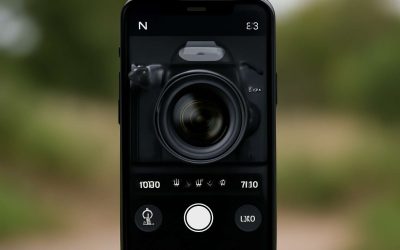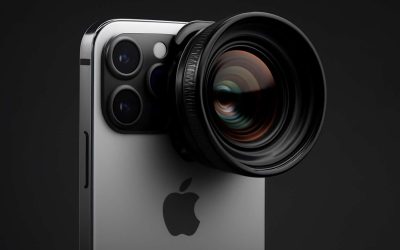Master Your Photography with Expert Lens Tips
Unlock Your Lens Potential Today
Explore our comprehensive guide to maintaining, selecting, and using camera lenses for stunning photography results.
Essential Lens Care Tips
Maintain Your Lenses Like a Pro
Proper lens maintenance is crucial for optimal performance and longevity. Start by using a microfiber cloth to gently clean the lens surface. Avoid using harsh chemicals; instead, opt for lens cleaning solutions specifically designed for camera equipment. Store lenses in a dry, dust-free environment, ideally in a padded camera bag or case. Regularly inspect for dust or smudges, and use a blower brush to remove any particles. By following these steps, you ensure your lenses remain in pristine condition, ready to capture the perfect shot.


Choosing the Right Lens for Every Shot
Portrait Photography
For stunning portraits, consider a prime lens with a wide aperture, such as a 50mm f/1.8, to achieve beautiful background blur and sharp focus on your subject.
Landscape Photography
Wide-angle lenses, like a 16-35mm, are ideal for capturing expansive landscapes, offering a broad field of view to encompass more of the scene.
Action and Sports
Telephoto lenses, such as a 70-200mm, allow you to zoom in on distant subjects, making them perfect for capturing fast-paced action with clarity and precision.
Mastering Lens Techniques
Step 1
Perfecting Focus
Learn how to adjust your focus settings to capture sharp, clear images every time.
Step 2
Enhancing Composition
Discover the art of framing your shots to create visually compelling photographs.
Step 3
Utilizing Depth of Field
Understand how to manipulate depth of field to highlight your subject and add dimension to your photos.
Camera Lens FAQs
Find answers to common questions about choosing and using camera lenses effectively.
What is the best lens for portrait photography?
For portrait photography, a prime lens with a focal length of 85mm is often recommended for its flattering perspective and bokeh effect.
How do I clean my camera lens?
Use a microfiber cloth and lens cleaning solution to gently wipe the lens surface, avoiding any abrasive materials.
Can I use DSLR lenses on a mirrorless camera?
Yes, with the appropriate adapter, DSLR lenses can be used on many mirrorless cameras, though functionality may vary.
What does lens aperture mean?
Aperture refers to the lens opening that controls the amount of light entering the camera, affecting exposure and depth of field.
How do I choose the right lens for my camera?
Consider your photography style, budget, and camera compatibility when selecting a lens to ensure it meets your needs.
Explore More Tips
Latest Lens Insights
Discover Top-Quality Innovations from Leading Camera Lenses Company Transforming Photography Worldwide
Understanding the Camera Lenses MarketOverview of Camera Lenses IndustryThe camera lenses market is a reflection of our relentless pursuit to see the world more clearly, more vividly. In South Africa, this industry is not just about capturing moments; it’s about...
Capture Stunning Photos Instantly with the Ultimate DSLR Camera App for Professional Shots
Top Features to Look for in a DSLR Camera AppManual Controls and Custom SettingsWhen exploring the vast universe of a dslr camera app, one feature stands out as a game-changer: manual controls and custom settings. These tools transform your smartphone into a...
Unlock Stunning Shots with the Best Camera Lenses iPhone for Perfect Mobile Photography
Understanding iPhone Camera LensesTypes of iPhone Camera LensesUnderstanding the myriad of camera lenses iPhone offers reveals as much about human perception as it does about technological evolution. Each lens, meticulously crafted, transforms an ordinary moment into...
Enhance Your Photography Skills
Unlock the full potential of your camera with our expert tips and exclusive lens recommendations. Subscribe to our newsletter for the latest updates and special offers on premium lenses.




